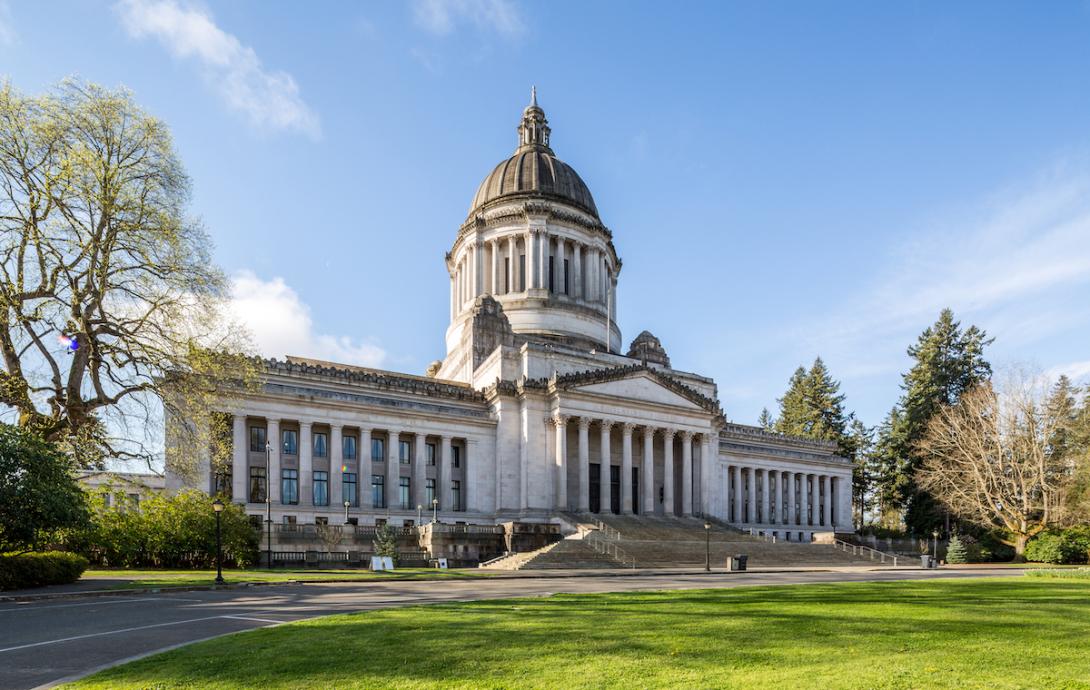
A proposed bill in Washington state would roll back recent changes to its systems for death investigations. Some worry the proposed approach will put important forensics work in the hands of untrained people.
State Rep. Joe Schmick, a leading sponsor of the bill, said lawmakers’ efforts in 2021 to enforce stricter training and credentialing for medical examiners and coroners have proven to be an “unfunded mandate” for small communities.
“It’s strictly a fiscal issue,” the Republican from Colfax said Friday. “Smaller communities struggle with these and they just can’t flat-out afford it.”
The issue dates back to 2021, when lawmakers sought to untangle the ways the state’s small communities investigate deaths. Often, those communities require prosecutors to also function as coroners, overseeing autopsies and other forensic examinations of suspicious deaths.
Critics of this arrangement highlight its potential to create conflicts of interest. Autopsy results are often crucial evidence when issues go to court — particularly in violent criminal trials. Yet, prosecutors in these communities are empowered to legally determine how a person died and in what manner.
The fix passed by lawmakers in 2021 severed that relationship. It required those counties to elect a standalone coroner or hire another county to take responsibility for death investigations by January 2025.
Furthermore, the new law required all death investigators to complete a training course run by the state; and it required that every laboratory where autopsies are performed be accredited by the national trade association that represents coroners and medical examiners.
According to Schmick, that has proved to be an onerous order for communities in his southeastern Washington district. The Republican said numerous local officials have complained to him, but he declined to specify who.
“There was nothing about operations. It’s about the overhead. Vehicles, staff — there was (no funding) to do that,” he said.
To comply with the new law, he said, some counties have expressed they will have to trim their budgets elsewhere.
Schmick’s proposal was co-sponsored by state Reps. Tom Dent and Jenny Graham, whose districts engulf wide swaths of central and eastern Washington.
The proposal would impact communities with 40,000 or fewer residents. In Southwest Washington, that would include Pacific, Wahkiakum, Skamania and Klickitat counties.
The proposal, which has a Wednesday hearing, has already drawn criticism from the forensics community. Ten people had signed up to oppose the bill at the hearing by Friday. No one signed up to support it.
At least one critic’s main concern is that it will worsen the quality of death investigations and lead to bad outcomes.
“This proposal says that well-trained personnel and the medical death investigation field in general does not matter in small counties in Washington,” said Timothy Grisham, deputy director of the Washington Association of County Officials.
Grisham said he’s heard that some counties say they “can’t afford to set up a whole new system,” but argues they’ve had four years to plan.
He also said some options won’t break the bank. He suggested small counties can contract with neighboring counties, or hire a coroner on a case-by-case basis. He said the criticisms of requiring a coroner are moot.
“The cost argument has been inflated in some counties because they are afraid they have to set up all new supplies,” he said. “You already have the supplies, because you have a prosecutor-coroner right now.”
